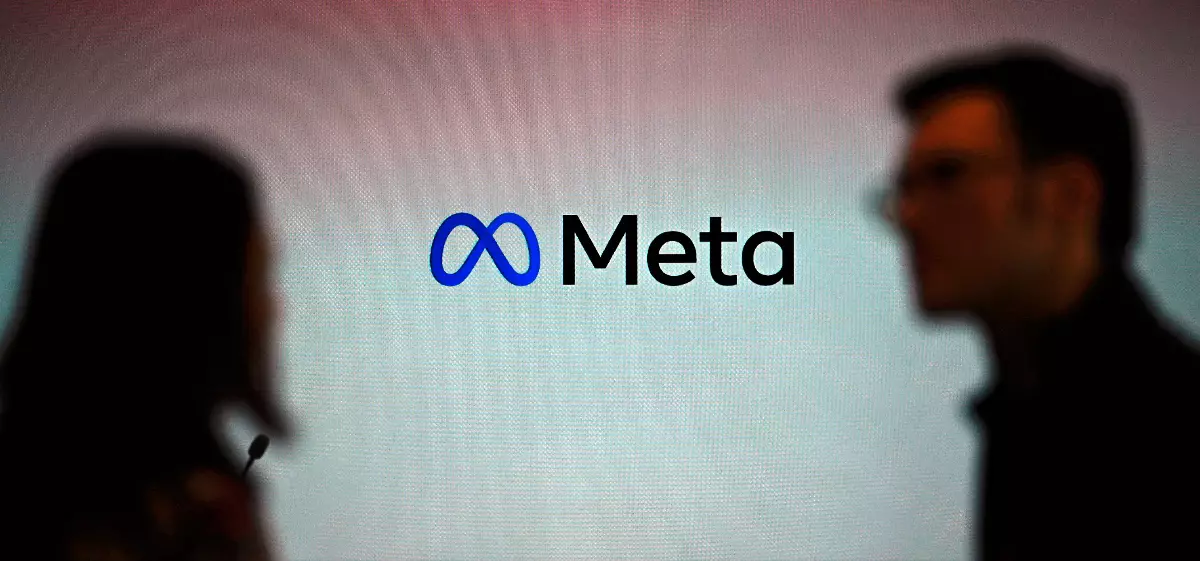Meta recently released an update on its strategy to comply with the Digital Markets Act (DMA) in Europe. The DMA aims to enhance competition in digital marketplaces, particularly concerning Meta’s messaging platforms, Messenger and WhatsApp. According to a blog post by Meta, the DMA mandates that the company offer an option in WhatsApp and Messenger for users to connect with interoperable third-party messaging services and apps. To facilitate this, Meta is incorporating notifications in both apps to inform users about these integrations and notify them when new compatible third-party messaging apps become available.
In addition to notifications, Meta is introducing an onboarding flow in WhatsApp and Messenger. This feature will allow users to learn more about third-party chats and enable them to activate these services. Users will have the option to create a designated folder for third-party messages or choose a combined inbox. Furthermore, Meta plans to implement group functionality for third-party chats by 2025 and launch voice and video calling in 2027, in line with the DMA requirements. Additionally, Meta aims to bring “rich messaging” features to third-party chats on WhatsApp and Messenger, including reactions, direct replies, typing indicators, and read receipts.
Meta emphasizes its commitment to collaborating with third-party messaging services to ensure a safe and optimal user experience. The company states that users will only see the third-party chat option once the necessary technology has been implemented by these services. While Meta is actively working towards compliance with the DMA, there are challenges that may hinder the seamless implementation of the upcoming interoperability features.
One major challenge is the uncertainty surrounding whether other prominent messaging platforms, like Viber and Telegram, will support Meta’s interoperability features. WhatsApp’s requirement for end-to-end encryption to enable interoperability could pose technical difficulties. Moreover, companies are required to sign agreements with Meta to integrate with its systems, details of which have not been disclosed. Despite these challenges, some companies, such as the open-source messaging protocol Matrix, are willing to collaborate with WhatsApp on an experimental basis while maintaining end-to-end encryption.
While Meta is striving to adhere to the messaging-related clauses of the DMA, the company has faced criticism for allegedly violating other aspects of the legislation. Earlier this year, the European Commission raised concerns about Meta’s “pay or consent” advertising model, which offers Facebook and Instagram users in the EU the choice between a paid, ad-free experience or a free, ad-supported version. The Commission deemed this model non-compliant with the DMA regulations.
Meta’s initiatives to comply with the Digital Markets Act demonstrate the company’s efforts to enhance competition and promote interoperability in digital marketplaces. However, challenges such as uncertainties with messaging operators’ support and technical obstacles related to encryption may impede the smooth implementation of these features. Despite criticisms and challenges, Meta remains committed to working with third-party services to deliver a secure and enriched messaging experience for users.

